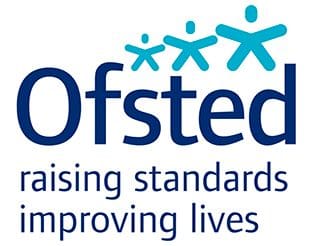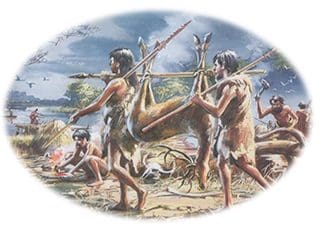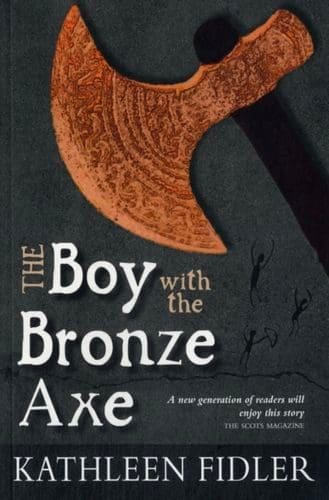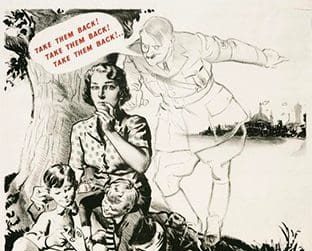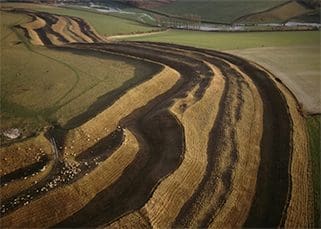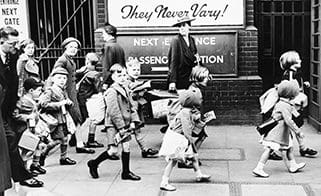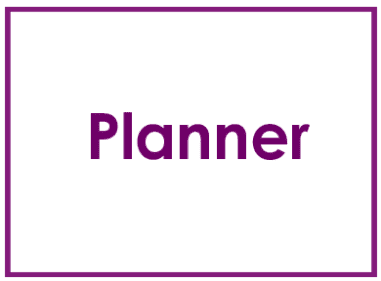
Those of you who have used a lot of the lessons on the site will know only too well that I am a great believer in asking children to express their degrees of confidence in making assertions about the past. I firmly advocate the use of a spectrum, especially at KS2, to allow pupils to place statements about the past on a continuum which not only range from TRUE through to FALSE but also from ‘ I am very uncertain through to I am completely certain’.
In history learning we need words to express how we are thinking. Pupils need to recognise that jumping to conclusions is dangerous: instead, it is sometimes clever to not be certain. I have found that encouraging pupils to use clever uncertainty words leads to their greater use.
Aside from using the truth continuum or the uncertainty spectrum, there is a whole host of words that pupils should be encouraged to use in their SPEAKING and then in their WRITING.
Here are 10 of my favourites:
- Possibly
- Probably
- Perhaps
- Might
- Could
- Maybe
- Not sure
- Definitely
- I think…
- And the jewel in the crown ‘the evidence suggests’.
Why not have these words on large cards, dangling from ceiling or on the wall while children are writing up the conclusions of their enquiry. Naturally, by adopting an enquiry-based approach as we have throughout the site, and asking open-ended questions, pupils will naturally start to think and write in this way. If , on the other hand, you present history as a series of uncontested certainties, pupils will have no need to extend their thinking vocabulary in this way.

